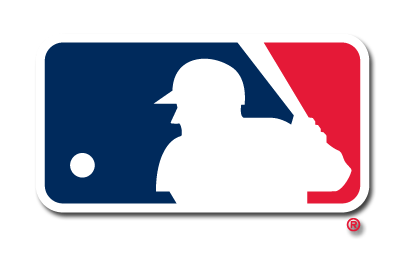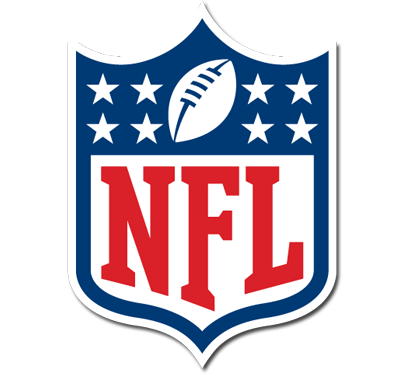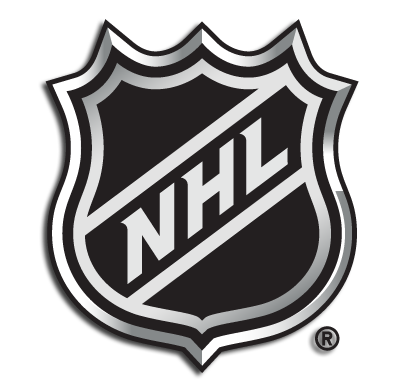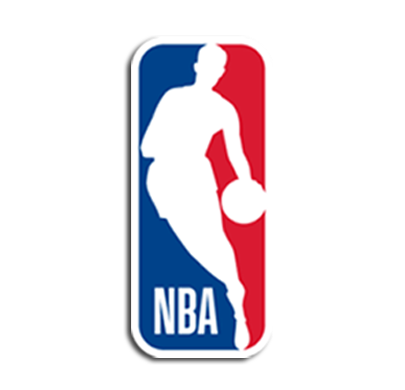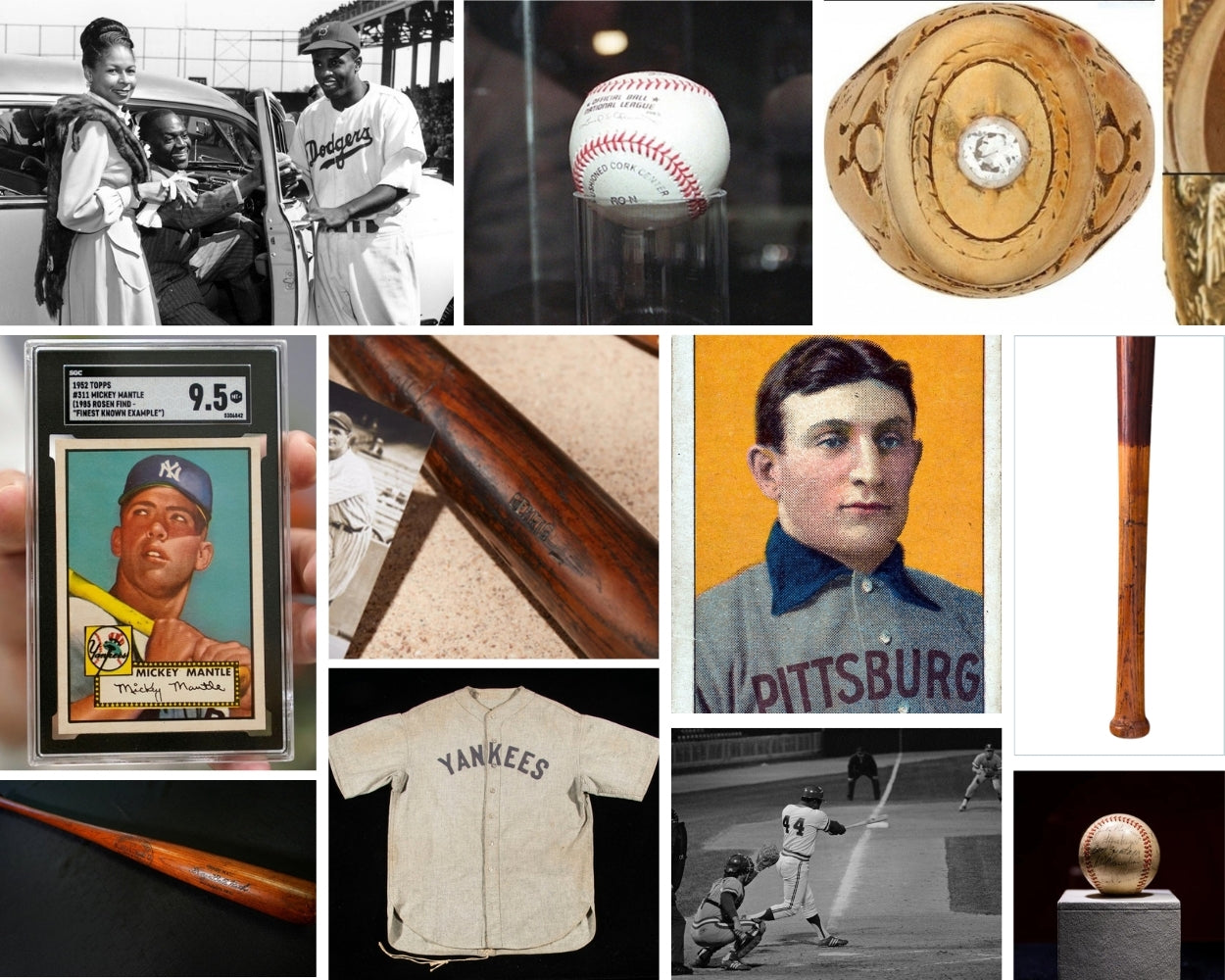Autographed baseballs can indeed be valuable, but their worth depends on several factors:
- Significance of the Player: Baseballs signed by legendary players, Hall of Famers, or popular athletes tend to be more valuable. For example, a baseball signed by Babe Ruth or Mickey Mantle is typically worth much more than one signed by a less well-known player.
- Condition of the Baseball: The condition of the baseball and the signature itself is crucial. A well-preserved ball with a clear, legible autograph will be worth more than one that is faded or damaged.
- Authentication: Provenance and authentication significantly impact value. Certified authenticity from reputable companies like PSA/DNA, JSA, or Beckett can greatly increase a baseball’s value.
- Rarity and Demand: If the autographed baseball is rare or if there's high demand for memorabilia from the player, its value will be higher. Limited edition autographed baseballs or those from significant games (like a World Series) can be particularly valuable.
- Historical Significance: Balls from significant events (e.g., a player's milestone game) or those signed by multiple notable players (e.g., a team-signed World Series ball) also tend to be more valuable.
For an accurate valuation, it’s often best to consult with a sports memorabilia expert or get the item appraised by a professional.
Autographed baseballs are not just pieces of sports memorabilia; they are tangible connections to the legends and moments that have shaped the game of baseball. But are they worth anything? Absolutely. However, their value can vary widely based on several factors.
How Much Is A Signed Baseball Worth

Factors Influencing Value:
- Condition: Better condition = higher value.
- Authentication: Certificates of authenticity increase value.
- Rarity: Limited editions or rare signings fetch more.
- Historical Significance: Balls from milestone games or events are more valuable.
The allure of an autographed baseball often begins with the player’s significance. Imagine holding a baseball signed by Babe Ruth, Mickey Mantle, or Jackie Robinson. These names evoke a sense of history and greatness. Autographs from Hall of Famers or iconic players tend to be the most coveted and valuable. For instance, a baseball signed by Babe Ruth has been known to fetch astronomical prices at auctions, sometimes reaching hundreds of thousands of dollars.
The condition of both the baseball and the signature is another critical factor. A pristine baseball with a clear, legible signature is much more desirable than one that's faded or worn. Collectors seek out well-preserved items, as they better capture the moment the autograph was given. Think of it as a snapshot in time, frozen in perfect condition.
Authentication is a game-changer in the world of autographed memorabilia. A baseball that comes with a certificate of authenticity from reputable companies like PSA/DNA, JSA, or Beckett can significantly increase its value. These organizations verify the legitimacy of the autograph, providing peace of mind for collectors and ensuring that the signature is genuine.
Rarity and demand play a substantial role in determining the value of an autographed baseball. Limited edition autographed baseballs or those associated with significant games, like a World Series, are often highly sought after. If you have a baseball signed by a player who rarely signs autographs or by a team that won a championship, you likely have a valuable item on your hands.
Baseballs with historical significance are especially prized. Imagine owning a baseball signed by the entire 1927 New York Yankees, often referred to as "Murderers' Row."

Or consider a ball signed by Hank Aaron commemorating his 715th home run, breaking Babe Ruth's longstanding record. These items are not just collectibles; they are pieces of history.
Autographed baseballs can indeed be worth a significant amount, but their value hinges on several fascinating factors. From the star power of the signer and the condition of the ball to authentication, rarity, and historical significance, each element adds to the allure and worth of these cherished items. Whether you're a seasoned collector or just starting, understanding these factors can help you appreciate the true value of autographed baseballs and the rich history they represent. So next time you come across one, take a closer look—you might just be holding a treasure in your hands.
FAQ:Q: Should I sell my autographed baseballs or keep them?
A: Deciding whether to sell or keep your autographed baseballs depends on a few considerations:
- Personal Sentiment: If the baseballs hold sentimental value or personal memories, you might prefer keeping them.
- Market Value: Research current market trends and auction results. If the baseballs have appreciated significantly in value, selling could be lucrative.
- Financial Need: If you need funds or have a specific financial goal, selling might be practical.
- Long-term Investment: Consider if the baseballs could increase in value over time, making them a good long-term investment.
Ultimately, balance your emotional attachment with financial reasoning to make the best decision.

